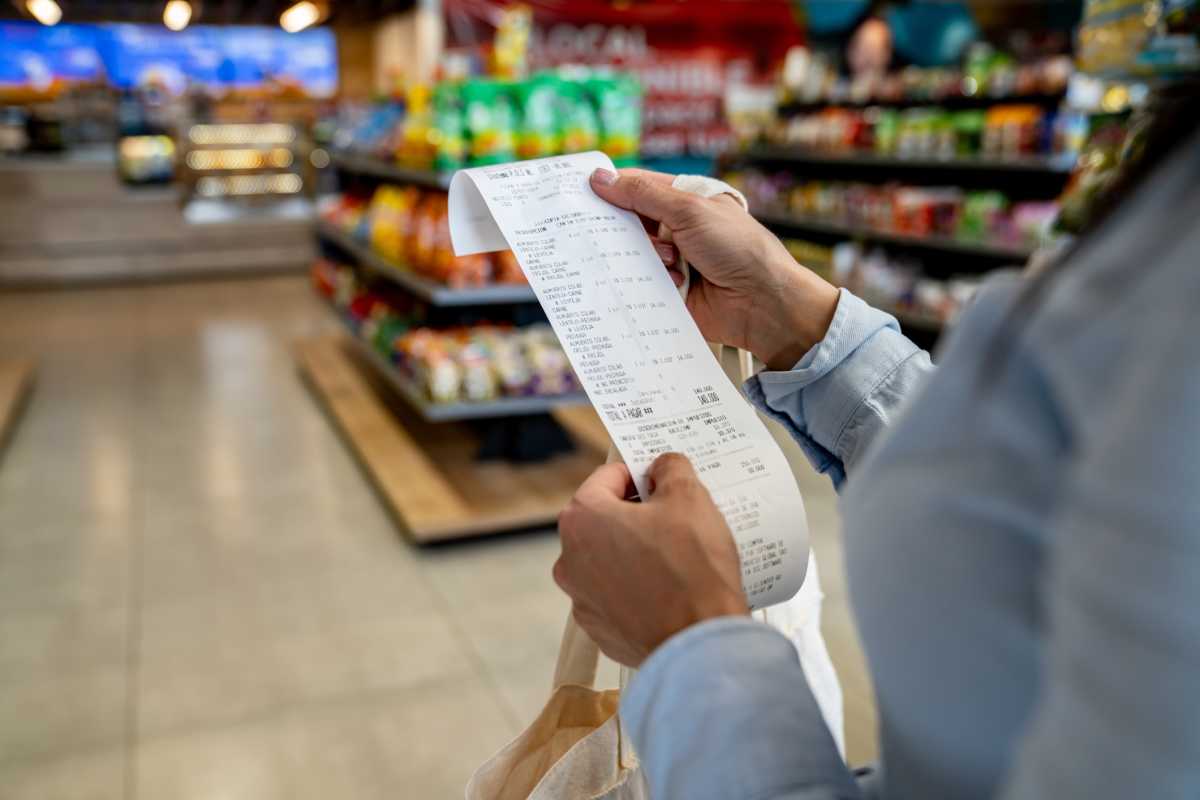Trump’s tariffs come under fire as state leaders claim they're headed toward an economic crisis

President Donald Trump had touted tariffs as a way to boost American businesses, and he has also proposed a $2,000 rebate for working-class citizens from the revenue collected through the levy. But in reality, they have created alarming economic headwinds in the American economy, and leaders from different states are speaking out with numbers. Even with a few exemptions, leaders from Pennsylvania, Alabama, Michigan, and more claimed that the sweeping tariffs are leading to a surge in food and energy prices, putting pressure on Americans.

In a new report from Defend America Action, a progressive group that challenges abuse of power at the federal level, there’s an affordability crisis in Pennsylvania with residents facing mounting costs for groceries, energy, healthcare, and more. The report blames the policies implemented by the Trump administration, stating that the cutback on healthcare benefits is adding to the crisis. “We have an affordability crisis in Pennsylvania that is directly related to a failure to renew the Affordable Care Act premium tax credits, unconstitutional unilateral and price-increasing tariffs, and cuts to food assistance and Medicaid,” Venkat, an emergency physician who represents the 30th House District in the Pittsburgh suburbs, said in a statement to the Pennsylvania Independent.

Vice president and managing director of government affairs with the U.S. Chamber of Commerce, Tom Wickham, also expressed similar concerns at a recent summit, AL.com reported. He claimed that the Trump administration's tariffs amount to a potential "$600 billion tax increase" and that small businesses will bear about a third or $202 billion of the burden. He further noted that about 4,500 businesses in Alabama are importers who are directly affected by the tariffs.
Governor of Michigan, Gretchen Whitmer, also blasted the tariffs for raising the cost of living in the state. In a Washington Post op-ed, Whitmer stated that the policies "need a serious rethinking" as they are "crushing Michigan". “During the 2024 campaign, Republicans hammered relentlessly on the promise to bring down the price of groceries, energy, cars, health care, and housing. But food prices are up. A new car costs more than $50,000 on average. Health care premiums on the Affordable Care Act exchange are double or triple what they were for most people last year. Rents are still too high, and we’re not building enough quality affordable homes," she said.

The comments come as grocery prices rose sharply, with the latest available federal data showing that the average grocery prices in September were about 2.7% higher than last year and 1.4% higher than when Trump took office. This was reflected in a Washington Post-Ipsos poll in October, where 71% of Americans reported spending more on groceries this year compared to last year. Apart from grocery prices, the cost of electricity has also soared. Alongside mounting grocery prices, energy costs have risen as well. In Trump's second term, energy costs increased by 11%, The Guardian reported, citing the latest data in October.

The Trump administration put tariff rollbacks into effect to ease the imports of a range of food products, and the prices are expected to cool down in the coming months. The dozens of products included on the White House's list of exemptions range from tropical fruits, vegetables, coffee, and beef, which the administration says can't be produced in sufficient quantities in the country, BBC reported. However, experts estimate that the overall impact of the rollbacks may still end up feeling relatively modest.
More on Market Realist:
Three beloved Costco items won’t see price hikes — despite rising inflation
A top Trump official finally has some good news about grocery costs in 2026
Your favorite pasta brands could disappear from grocery stores as Trump plans 107% import tax























